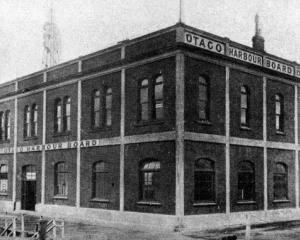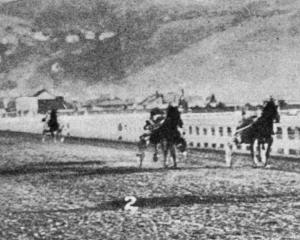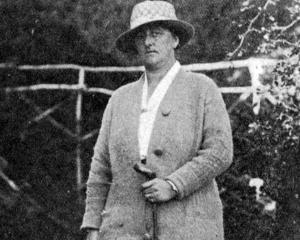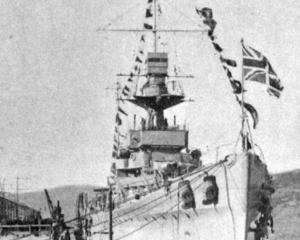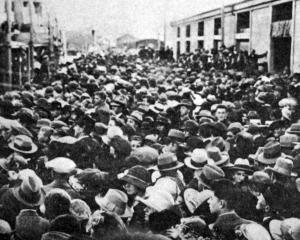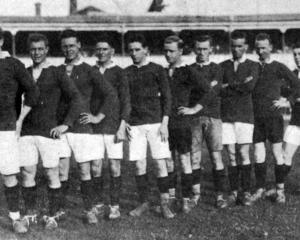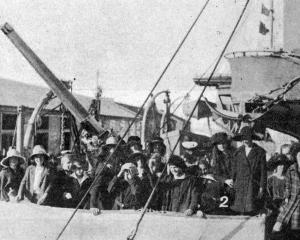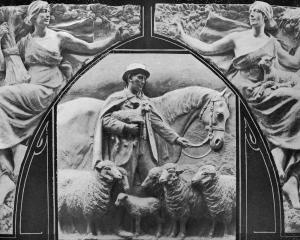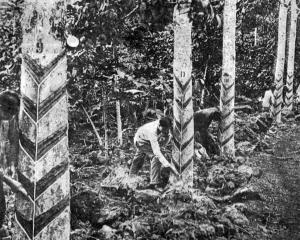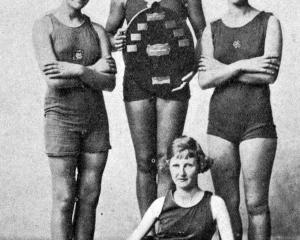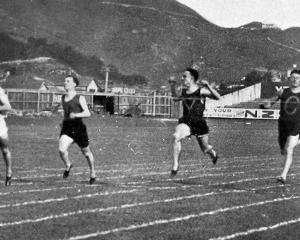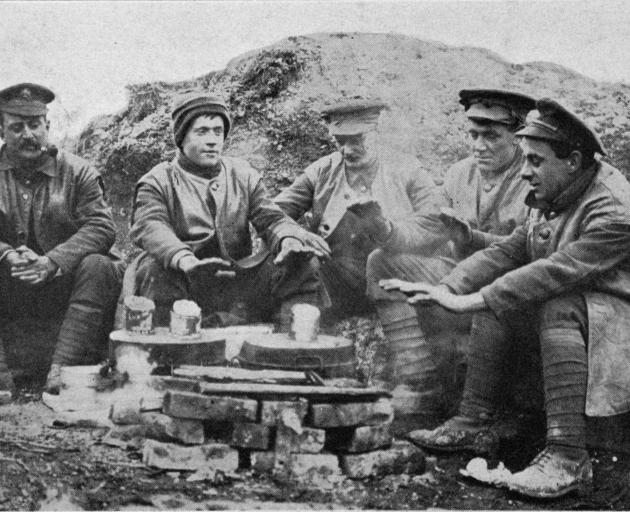
During the sojourn in the south the canine birth-rate increased, and three big healthy pups were brought back. There was also a litter of eight pups whose mother evidently believed in the full cradle, and who jealously guarded her offspring, and showed white fangs when any intruders came near. The animals were taken over to the quarantine station on Saturday.
Interesting details as to the working of the wireless equipment on the Aurora were given to a reporter by Mr T. M. Ryan, the wireless operator on the vessel. Speaking of the first press message sent by Sir Ernest Shackleton to the Bluff station, Mr Ryan stated that he picked up Bluff on Friday night, February 2, but could not send his message until Sunday, owing to the fact that although he could hear Bluff quite distinctly the land station could not get him. He had to repeat his message (in cypher) 14 times before it was ``O.K.'' The second message was sent on Wednesday. The vessel had the use of the De Forest audien amplifier belonging to the New Zealand Government, which is intended for the Chatham Islands. The instrument was of considerable assistance, especially when working the wireless in daylight.
To H. E. Wild is ascribed the honour of inventing and naming the composition which did duty to members of the Ross Sea party in lieu of tobacco during many weary months. When the very limited supply of weed in the hut was exhausted, various substitutes were tried with varying degrees of satisfaction to the consumer. Tea was attempted, and so was coffee and then the inventive genius of Wild asserted itself.
With exquisite care he blended some fresh tea, coffee, sawdust, and a few species of herbs, and called his creation ``Hut Point Mixture''.
This survived the gamut of criticism, and became the standard ``tobacco''. It is said that Joyce tried onions, but was speedily made to stop; while another member of the party met very little success in his attempt to inhale the ``smoke'' from dried shredded potatoes!
An Ashburton farmer informed a reporter on Friday that the system of farmers helping each other in the busy season had worked very satisfactorily.
On small farms where harvesting had been completed, farmers were helping each other with the skim ploughing, which was absolutely necessary, as teamsters were difficult to procure. He considered that as the shortage of men in this class of labour would be more acute, something should be done to train men who cared to take up this class of work. Institutions like Lincoln College and State farms could be utilised for giving the necessary instruction. Although a short course of training would not mean absolute efficiency, the men would be invaluable for ploughing. - ODT, 14.2.1917.

